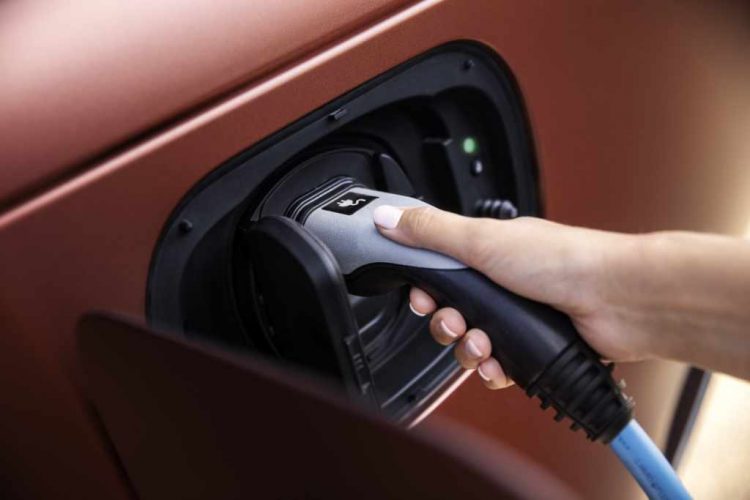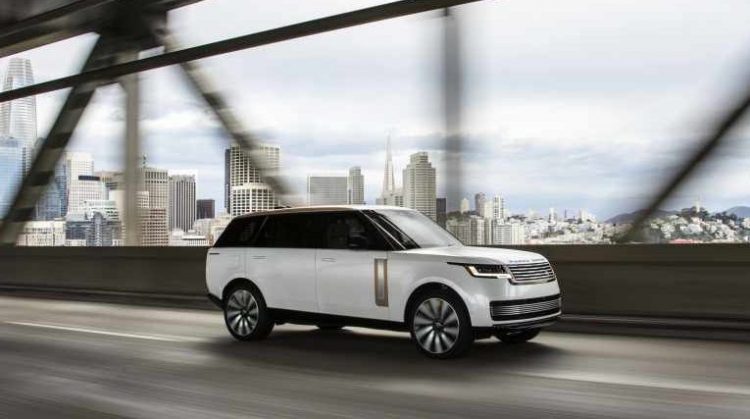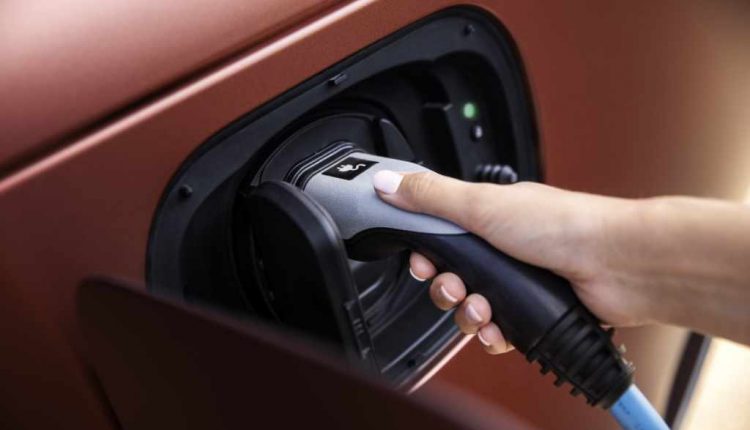Carmaker Jaguar Land Rover pledges to invest £3bn a year in its electric transformation and targets annual revenues of £30bn by 2026 – a 31% increase on the latest figure. Tony McDonough reports

Automotive giant Jaguar Land Rover (JLR) is committing to invest £3bn into its business every year for the next few years as it transforms into an electric vehicle maker.
JLR employs more than 3,500 people at Halewood in Merseyside assembling the Range Rover, Evoque and the Land Rover Discovery Sport. By 2025 a new all-electric SUV model will be rolling off the production line at the site.
In April the company committed £15bn to a long-term transformation of the business that also operates two factories in the West Midlands. In a presentation to investors this week, JLR said it was committing £3bn in new investment as part of its Reimagine strategy.
It also said it was targeting annual revenues of £28bn by 2024 and £30bn by 2026. Its latest annual revenue figure, for the year ending March 31, 2023, was £22.8bn.
Its Reimagine programme aims to transform the business into a more “agile” operation and a simplified manufacturing operation. There is also an ambition to achieve positive cash net-of-debt by 2025.
On its electrification programme, JLR said the Range Rover is “the vanguard of our EV transformation and profit generation”. Out added that the Jaguar brand will transform into a “radical, modern luxury EV brand in 2025”.
It was also revealed this week that JLR would partner with Indian battery maker Agratas with a view to giving its electric vehicles a range of up to 450 miles.

In May JLR’s chief executive Adrian Mardell offered assurance that question marks over the supply of batteries for electric cars does not threaten the future of its UK factories.
There are fears in the UK automotive sector that the failure by the Government to attract gigafactories that produce batteries for electric cars meant other countries now had a competitive advantage.
Later in May, LBN reported that the company’s owner, Indian conglomerate Tata, was close to securing hundreds of millions pounds from the Government to build a car battery factory in the UK.
Mr Mardell admitted that it “would be wonderful” if a factory were built in the UK but added “it was “not a threat to us” if they had to be imported from elsewhere. He explained: “I don’t believe it will impact where we build models.”

